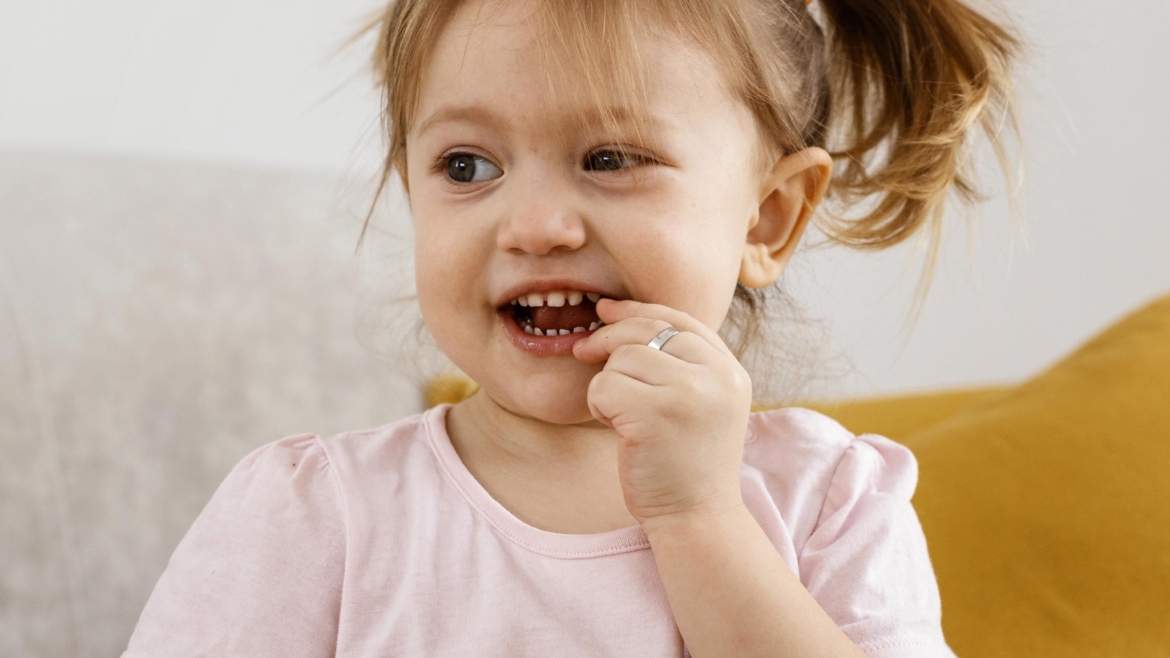Dott. Danilo Trapani
Milk Teeth: What to Do If They Don’t Fall Out on Time
Milk teeth, also called deciduous teeth, usually begin to fall out around the age of 6, following a natural order: the lower central incisors typically fall out first, followed by the upper ones.
However, in some cases, the process can be delayed or may not occur at all, causing concern for parents. Acting correctly is essential to prevent malocclusions, dental misalignments, and future orthodontic problems.
Why it is important for deciduous teeth to fall out at the right time
Milk teeth play a guiding role for permanent teeth. If they do not fall out spontaneously, they may block or alter the correct eruption of adult teeth, leading to:
Dental crowding
Ectopic eruption (teeth erupting in an abnormal position)
The need for orthodontic treatment during adolescence
For this reason, any delay in the shedding of milk teeth must be carefully monitored by the dentist.
Avoid DIY: no home extractions
Many parents, trying to help their child, attempt home solutions to remove a loose tooth. This is a mistake to avoid for several reasons:
The tooth may break or remain stuck in the gum
The extraction may be painful or traumatic
The child may associate pain with the dentist, developing fear of dental visits
Only a professional can determine whether to wait or to intervene.
When the dentist should intervene
The pediatric dentist or dentist will be able to:
Assess the situation with a clinical examination or an X-ray (if needed)
Determine whether the milk tooth can still fall out naturally or if extraction is required
Perform, if necessary, a gentle and painless extraction using superficial anesthesia techniques (e.g., ethyl chloride spray to cool the gum)
The procedure is generally simple, quick, and well tolerated by children.
Nutrition: a natural ally for the shedding of milk teeth
Another often overlooked factor is nutrition. A diet made up mainly of soft foods may delay dental mobility.
Useful tips:
Include crunchy fruits and vegetables (apples, carrots, fennel)
Encourage active chewing in children
Avoid over-chopping solid foods
These foods not only support the natural shedding of milk teeth but also contribute to the healthy development of the masticatory system.
What to do if a milk tooth does not fall out
Never force the tooth to fall out with home remedies
Do not ignore a baby tooth that remains beyond the natural timeline
Consult your trusted dentist, who can properly evaluate the case
Add foods to your child’s diet that stimulate chewing
The shedding of deciduous teeth is a natural but delicate stage of growth. Early and professional evaluation can prevent future complications and ensure your child develops a healthy, well-aligned smile.

